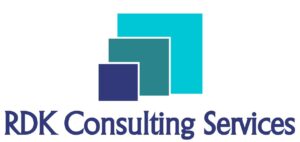In recent months, Ghana Revenue Authority has taken significant steps toward educating taxpayers to leverage the Modified Taxation provisions in the Tax Act which offers certain categories of taxpayers a simplified approach to computing and settling their tax obligations.
What is Modified Taxation?
Modified Taxation refers to an alternative method of determining taxable income for eligible businesses who may not be required—or are unable—to maintain comprehensive accounting records. This system allows qualifying taxpayers to calculate their tax liabilities based on a presumptive profit applied to gross turnover rather than relying strictly on audited financial statements.
This regime was introduced to support small and medium-sized enterprises (SMEs), self-employed professionals, and other informal sector operators who often face challenges in maintaining detailed financial records.
Who Qualifies for Modified Taxation?
According to the Second Schedule of Income Tax Act 2015 (Act 896) as amended, modified taxation applies where:
- The individual is resident in Ghana.
- The chargeable income of the individual is exclusively from business and with source within Ghana.
- The annual gross turnover of the business is more than GHC20,000 but not exceeding GHC500,000.
Before you get overly excited, please be mindful of the under listed exclusions:
- An individual who has a professional qualification
- An individual who is engaged in a business prescribed by regulations that has a high profit to turnover ratio
- An individual who has more than one business
- An individual who has a business with more than one business outlet and
- An individual in a partnership.
Benefits of Modified Taxation
One of the key benefits of modified taxation is its simplicity. It significantly reduces the administrative burden on small-scale taxpayers by eliminating the need for complex bookkeeping and audit requirements. It also encourages voluntary compliance by making tax obligations more predictable and manageable.
Moreover, it enhances fairness in the tax system by ensuring that smaller players contribute equitably without being disproportionately burdened by the demands of conventional tax administration.
This post was authored by Richard Dwumor who is the managing partner of RDK Consulting Services. You are advised to touch base with your tax consultant before placing reliance on this article.

